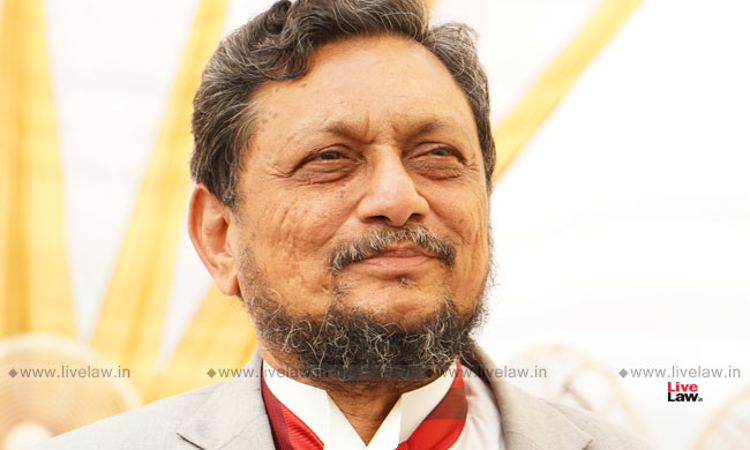There is sufficient transparency in the Collegium system, said Chief Justice of Inida-designate Justice S A Bobde in an interview given to NDTV."I think there is sufficient transparency. Most of the time, when some people demand more transparency, they want to know the cause of why somebody was not selected. They are not so much interested in why somebody was selected. They are interested in...

